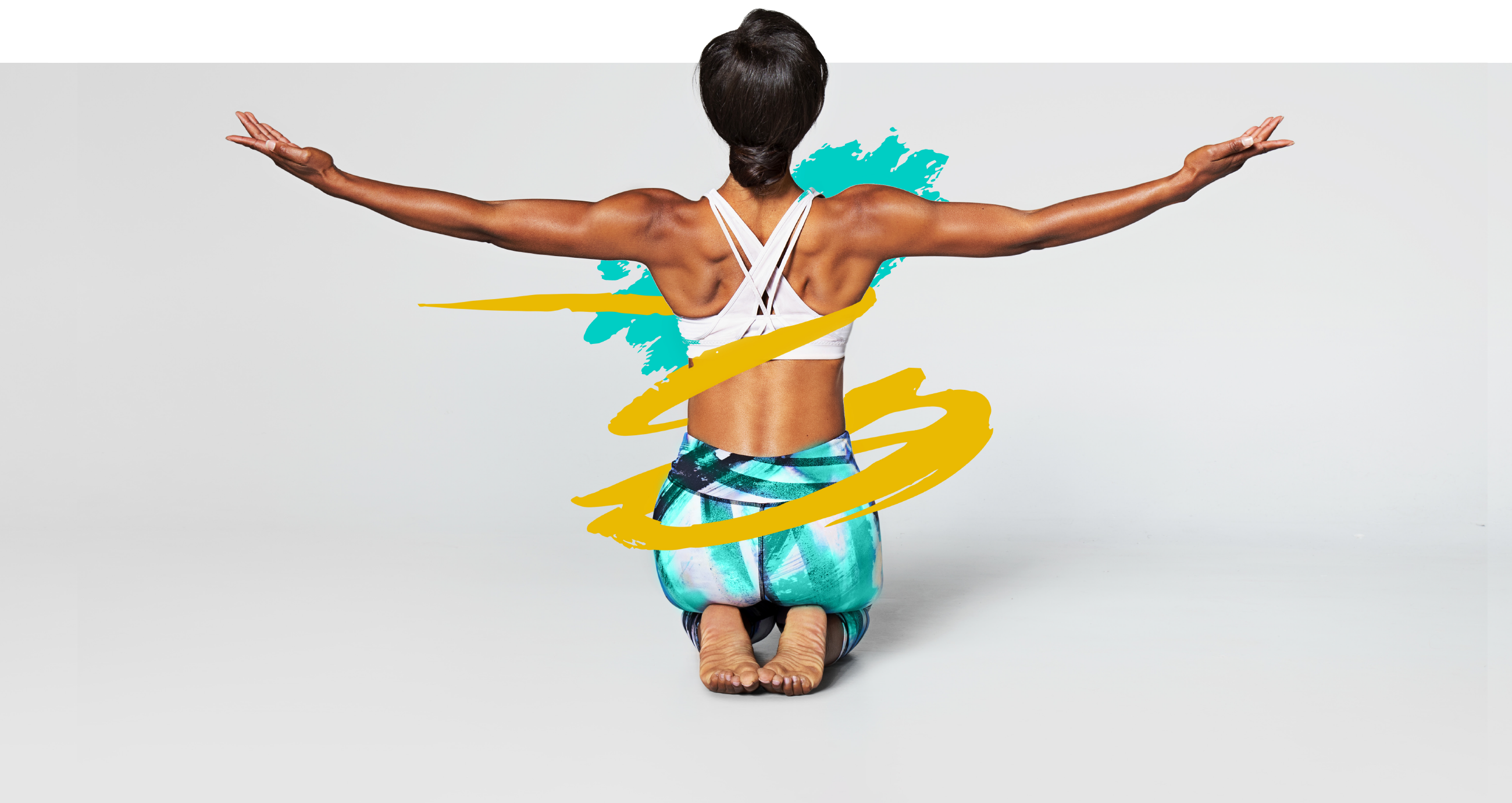We’re buying a new car. Actually two of them, since while I would drive my 8 year old Volkswagen until the day it died, my husband has refused to drive to me with jumper cables ever again.
While Dan and Remy {plus his bestie Jack} hopped in the very cozy coupes for test drives, I hung back at the dealership with one of my favorite books—The Talent Code.
For personal reasons, I love this book, because I have always believed that you were born a genius and there’s no other way to become one. This belief has stopped me form doing more than a few things I loved because I wasn’t naturally great at them. The Talent Code, flat out denies that…yes, 10,000 hours of practice is really necessary to become great.
Regardless of how many times, I’ve picked up this book, I’ve always glossed over Gary McPherson’s long term study on children’s musical development {shocking you say—yes, I am nerd}.
The study is fairly simple. 157 randomly selected children are studied from the weeks before the choose their instrument at the ripe age of 7 or 8 through high school graduation. The big question—What would be the indicator that a child would be a great talent?
At the 9 month mark, a handful of children flew to heads and tails above the rest of the class and McPherson’s team immediately begin reviewing their data to know why.
IQ? No.
Math Skills? No.
Innate Rhythm? No.
Income Level? No.
Outside Assistance? No, Nope, Nada.
There wasn’t a single factor on their list that set these children apart, until they analyzed the data from their first interview {which remember was a few weeks before they even picked which instrument they would play}.
The answer to one question was the deciding factor to which kids were seeing exceptional results.
“How long do you think you’ll play your new instrument?”
The children could choose answers like: through this school year {short term commitment}, through elementary school {middle term commitment} or even, all my life {long term commitment}.
“Progress was determined not by any measurable aptitude or trait, but by a tiny, powerful idea, the child had before even starting lessons. The differences were staggering. With the same amount of practice, the long term commitment group outperformed the short term commitment group by 400 percent. The long term commitment group, with a mere twenty minutes of weekly practice, progressed faster than the short timers who practiced for an hour and a half. When long term commitment combined with high levels of practice, skills skyrocketed.” {The Talent Code,
If you’ve spent much time with me, you know that a cornerstone of my method, is educating clients onto longer term packages. I don’t want to sell one session, one appointment. I want to break down my client’s goal into a realistic explanation and educate them into a package with long term commitment.
So this got me thinking, “Do we see so many success stories because we ask our clients for long-term commitment?”.
And for me the answer is a resounding yes.
When someone buys a five pack of sessions or books a single appointment they are expecting one thing from their purchase—results.
Is this unrealistic? Yes. But, guess what, most of your clients are living in a fantasy world of unrealistic expectations and immediate results. Those ten Pilates sessions they just bought will change their bodies just like Joe said {even if they use them every 2.5 weeks over the 6 month expiration timeline and don’t change a single other part of their life}. That single adjustment will be life changing {the blog I read swore it would}. All it takes is one session and I’ll be on my way to feeling amazing {I have finally found Miracle Max!}.
That’s not how life works {and sadly, not understanding this mentality is what causes many service businesses to fail}.
As I sat with this idea, another {even scarier} question hit me. “If I sell products with little to no commitment, am I setting my clients up for failure?”.
Here’s a quick example, of why I say yes to that question.
Before we set clients up on long-term packages, whenever they went through a busy period in their lives they would disappear. One weeks cancellations led to two months away from our work together. Inevitably our client would come in frustrated, disappointed in themselves and with a lot more work to get to their end results.
They knew they should have been in, but they didn’t feel they had enough of a reason to come. It’s crazy, right. We know what’s best for us, but we rarely execute on it when we find other important things.
This cancellation cycle ended with long-term commitment. Since our client’s were paying, they immediately rescheduled. Since they immediately rescheduled, they stayed on track for their goals. And thanks to this, our clients started seeing the best results they’d ever had.
This is one minor example, but when I look through my business at the start, I can see how we set so many people up for failure by not asking them to really stand up and say, yes, this is such a priority I’m willing to commit not just to myself, but to you as well.
In the end, if your businesses success, your sanity and your future financial wellbeing aren’t enough of a reason to encourage long term commitment, the idea that you could be setting your client’s up to fail should be.
So what do you need to do today, to make this commitment happen? How can you change your business {and your client’s results}, by building in long term commitment and success?

